
Zim Now Writer
Government last Friday launched the Agriculture My Future Our Future initiative in Masvingo, with several projects rolled out to empower young farmers around the country.
The launch, which was presided over by the Provincial Minister of State and Devolution Affairs, Ezra Chadzamira, also saw outstanding young farmers in Masvingo receive prizes and awards.
To cap it all off, A2 farm permits were handed over to beneficiaries from Masvingo with many more expecting to be allocated land in the near future.
Under the AMFOF initiative, 813 youth were trained in theories and practices of agriculture, innovation and entrepreneurship, the agrarian history of Zimbabwe, how to register and start a company or business, farming as business, markets and marketing, value Addition, agricultural policies formulated by government, the UN SDGs, AU Agenda 2063 and government’s V30 Accelarator model and aligning these to Zimbabwe’s policy strategic direction as the nation heads towards Vision 2030.
Chadzamira said the government will avail farming inputs to all those who attended the workshop.
“I am happy to officially launch the AMFOF Programme, which is an initiative aimed at embracing youth who are into agriculture. I am grateful to the Ministry of Lands, Agriculture, Fisheries, Water and Rural Development for this initiative. I am also pleased to officially launch this Magazine, EmpowerED Farmer, which will go a long way in informing our farmers about issues that pertain them.
“I am going to engage the President. I am happy about this programme and I assure you that we will avail inputs and land for all the trained cadres here,” he said.
In a speech read on his behalf, the Permanent Secretary in the Ministry of Lands, Agriculture, Fisheries, Water and Rural Development, Dr John Basera said: “I am grateful to Action4Sustainable Development, the Zimbabwe Youth Council and the Youth Desk and all the stakeholders, state and non-State actors for making this day a success. I therefore urge institutions working with young farmers to involve various stakeholders and venture into enterprises that supports the youth in our communities.
“As you all know, our economy is very much agro-based, and, as Government we continue to give priority to the sector through various programmes and ensure a certain quota is reserved for the youth. We call upon the private sector to continue complementing the Government’s efforts and endeavours in order to develop the agriculture sector.”
Basera said the achievement of food security and nutrition goals under the Vision 2030 requires young farmers to work hand in hand with value chain actors.
“In this regard, I would like to commend FAO, IFAD and SNV once again for working with young farmers with the aim to create employment, enhance livelihoods for our youth and increase agricultural production and productivity. It’s also pleasing to note that youth empowerment initiatives which were started by the Second Republic are now bearing fruits and the progress that have been realised so far include but not limited to the establishment of an Agricultural Youth Desk which coordinates youth activities in the agricultural sector.
“Additionally, Government has established a fully-fledged department aimed at promoting gender mainstreaming, inclusivity and wellness; establishment of Provincial Youth Integrated Hubs where 5 000 youths were trained and oriented in the theory and sustainable farming practices.”
He said under the Small Holder Irrigation Revitalisation Scheme, the Ministry of Lands, through International Fund for Agricultural Development, trained 1 213 youths on entrepreneurial skills and management and acquired starter up kits to start own projects for self-reliance.
Under the Better Lives and Better farms Projects, the Ministry, through Bayer German and World Vision, supported 150 000 youths with maize seed as an answer to Covid-19 Pandemic Challenge.
Under the Green Jobs for Rural Youth Employment the Ministry through Food and Agricultural Organisation of the United Nations more than 200 youths have been transformed into agro-entrepreneurs.
Under the Opportunities for Rural Youth government through SNV supported 17 000 youths with starter kits and were trained on soft skills.
The country’s Agriculture and Food Systems Transformation Strategy aims to make Zimbabwe food secure and create employment opportunities for the youth in the country.
Related Stories
“This resonates well with the Government’s National Development Strategy One, whose thrust is to transform our economy and make Zimbabwe an upper middle income society by the year 2030. Youth mainstreaming and empowerment is a clear reflection of the 2nd Republic to ensure that the President’s mantra of leaving no one and no places behind is being implemented,” said Basera.
“We are happy to pronounce the launching of the magazine, EmpowerED Farmer, which highlights all the positive strides being made by the Second Republic. I am also informed that Action4Sustainble Development are preparing innovative work that speak to agricultural and environmental management at the moment the world is preparing for COP28.
“Zimbabwe proved its academic and innovative potential during the CoP27 held at Sherm Elsheik in Egypt in 2022. Let’s all support this magazine project through sending developmental articles and increasing sales. This is purely art and Arts remain a corner for sustainable development and I am also happy to be handing over A2 Permits to our land beneficiaries. I am grateful to Hon Minister Cde Ezra Chadzamira and his Provincial Lands Committee for prioritising youth in the allocation of land. We continue pleading with you to avail more to the youth.”
In her remarks, the Permanent Secretary in the Ministry of Youth, Sport, Art and Recreation, Dr Thokozile Chitepo said her ministry, through Cabinet, adopted the formalisation of agricultural youth desks across all government ministries.
In her speech read on her behalf, Chitepo saluted the Ministry of Lands, Agriculture, Fisheries, Water and Rural Development for having a result-oriented and vibrant Youth Desk, urging youths to abstain from drug and substance abuse.
The AMFOF project dovetails with the Second Republic’s Agriculture and Food Systems Transformation Strategy meant to anchor food security, enhance livelihoods, mitigate the effects of climate change and promote inclusive economic development endeavours.
It also shows government’s commitment to creating jobs through agriculture as enshrined in Malabo Declaration, as demonstrated by the work being done by young farmers in wards 5 and 31 of Silobela, Kwekwe District of the Midlands Province.
Some of the youths received US$3 200 from the Food and Agriculture Organisation as grants under the Green Jobs for Rural Youth Employment programme. Two young women established goat rearing infrastructure and bought 60 breeding stock (hybrids).
Some were trained to make beehives, others in honey processing and harvesting. A group of young men are manufacturing fertiliser (organic) after having received similar grants from FAO and have partnered with Sable Chemicals.
Agriculture graduates from various universities got US$$6 200 as grant from FAO to start projects and create jobs for themselves and are producing mushroom, poultry and rabbits.
More than 200 youths benefitted under the FAO Grant programme in selected districts of Kariba, Chegutu, Marondera, Chimanimani and Kwekwe.
The launch of the Agriculture My Future Our Future initiative sets the tone for preparations for Zimbabwe’s participation at the COP 28 in Dubai this year.
The event was also attended by members of the Action4Sustainable Development, a Zimbabwe Youth Council affiliate organisation which works with other organisations within Zimbabwe and some beyond the country’s borders in coming up with researches, innovations and collating evidence of home grown solutions to climate change.
The chief programmes coordinator in the Ministry of Lands, Agriculture, Fisheries, Water and Rural Development, Nickros Kajengo applauded the youths for coming together to launch the AMFOF project.
“This is huge achievement for the youths who are doing various agriculture projects in Zimbabwe.
“AMFOF seeks to promote agricultural production and productivity and profitability by taking full advantage of the youth dividend and skills base the nation has invested in; by engaging more youths to embrace agriculture as a business and as a noble profession as enshrined in the Malabo Declaration in 2014; by fighting drug and substance abuse, prostitution, juvenile delinquencies and unemployment through investment in the agricultural value chains and also by promoting self-reliance projects resulting in improved livelihoods and living standards,” he said.
The event was attended by more than 30 training facilitators from the Ministry of Lands, the Ministry of Youth, representatives from the banking sector, insurance firms as well as various government departments and state enterprises.





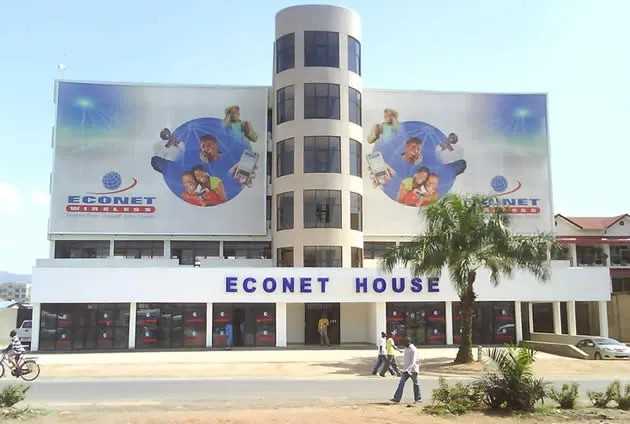






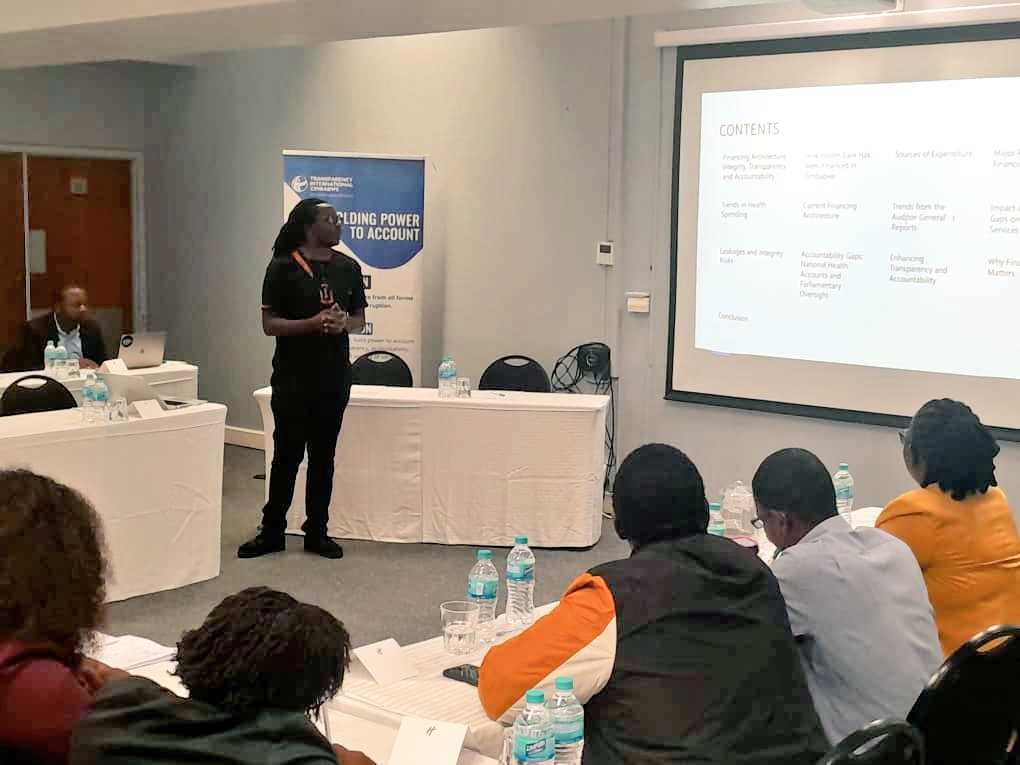

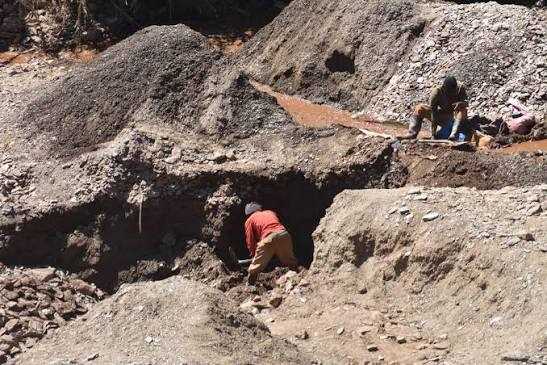
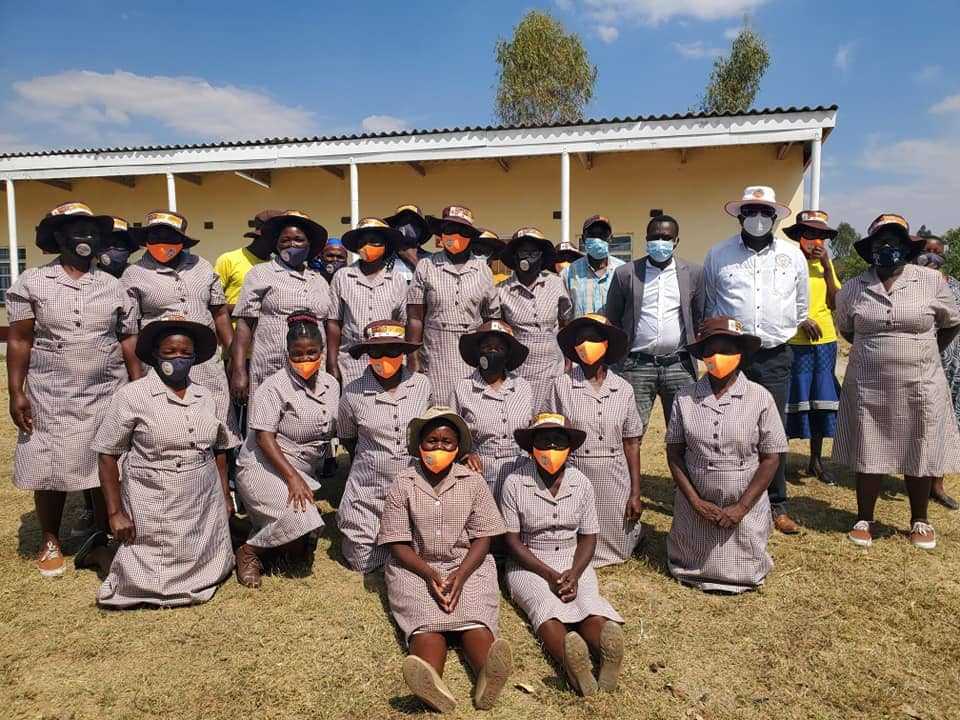
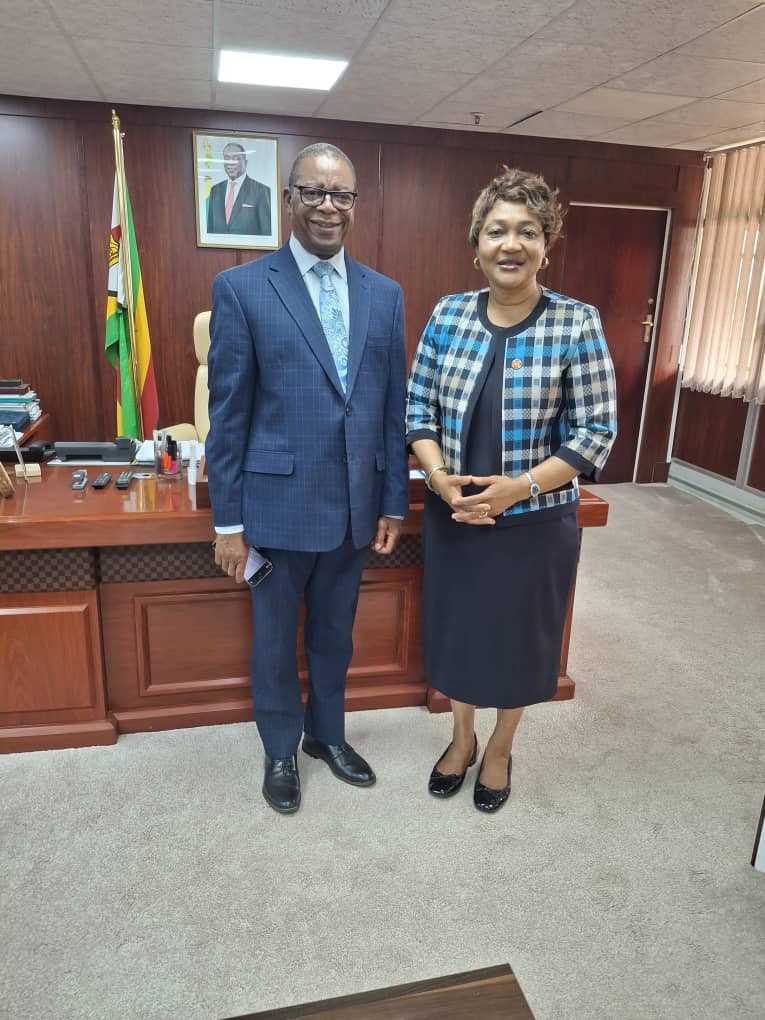



Leave Comments